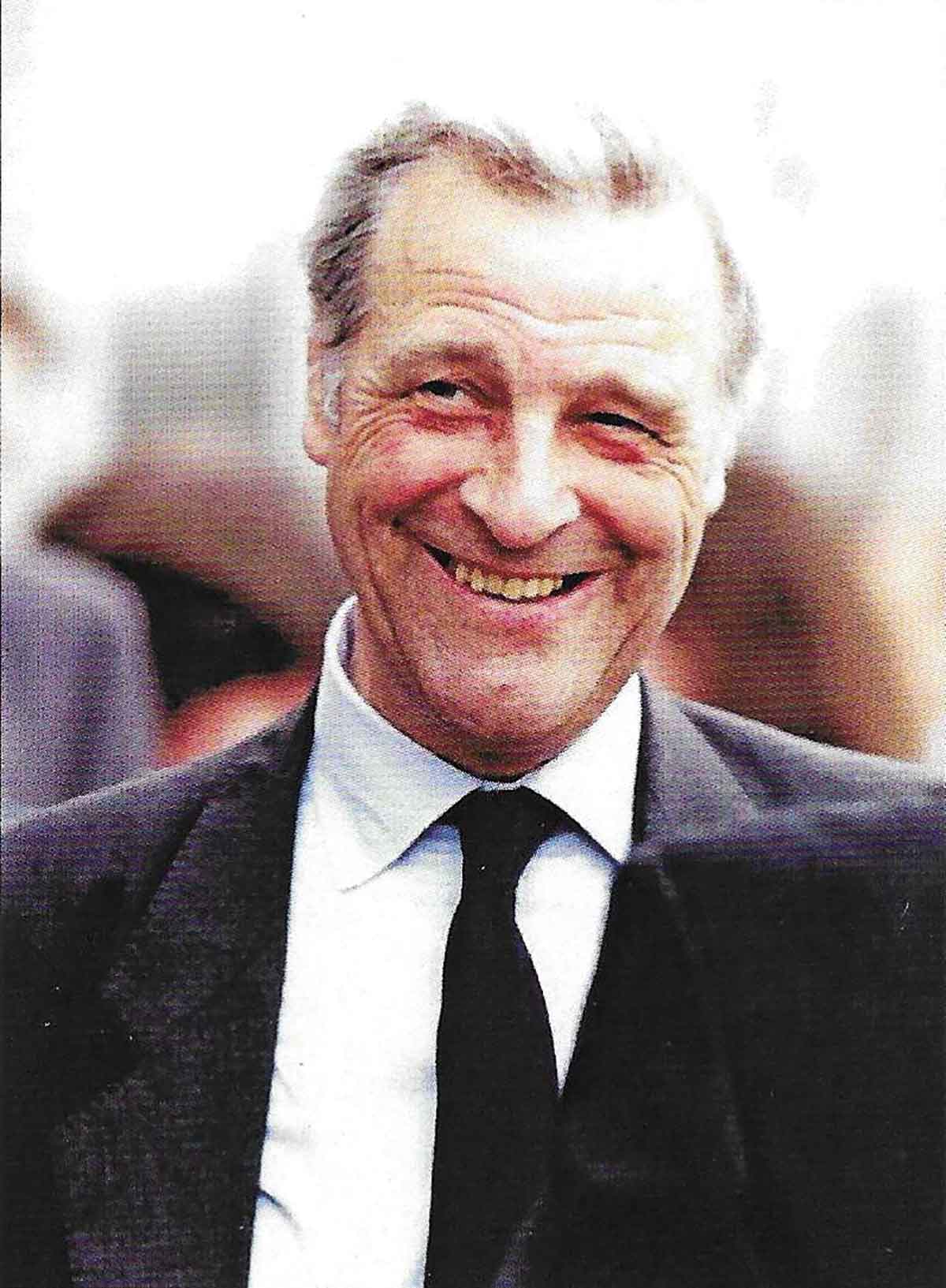After John Grundon retired from BP in 1991, Basil Butler said of him: ‘He was a source of information wherever the company was operating but perhaps his knowledge of who was who in the Middle East, who was in favour and who was not, was particularly important and relevant. His diplomatic style and Arabic skills were invaluable at key moments’.
John graduated from Christ Church, Oxford in 1955 having studied Modern Languages and joined the Foreign Office. He was a natural linguist and the diplomatic skills he acquired there were employed with great success in the career with BP that followed. He joined BP in 1956 and stayed until his retirement.
BP clearly noticed his classical and linguistic aptitudes and he was sent to the Middle East Centre for Arab Studies (MECAS) at Shemlan in Beirut to learn Arabic, a career template which he put to good use. MECAS had gained a notoriety as a spy school but whether John was familiar with George Blake, he never divulged (to the writer at least). In 1964, acting as leave replacement for BP’s chief representative in Abu Dhabi, John’s role was to keep the Ruler, Sheikh Shakhbut, informed of the company’s activities on Das Island, which became a major centre for BP’s offshore oil and gas production and processing involvement.
Returning three years later, the world and the Ruler had all changed with the outbreak of the war of 1967. Britain’s association with the events of the time resulted in attempts at the banning of British (and French) tanker loadings at Das Island. However, the new Ruler, Sheikh Zayed, who doubtless would have been influenced by John’s persuasive style and presence, adopted a pragmatic approach to the continuation of BP’s tanker loadings. The loading could continue provided the company’s British named vessels were not nominated.
Despite the early BPX association, John’s next career move was to the commercial world of the Crude Oil Sales Department (run then by Freddie Stratton). Crude oil was a commodity which BP had possessed in large volume but access to which, in the Middle East at least, was changing in the wake of OPEC challenges which would ultimately lead to nationalisation. John’s brief was geographically widespread at a time when contracts were not protected against Government cost increases which the members of OPEC were now demanding. Recovery of these amounts from BP’s customers was crucial, involving the persuasive application of his diplomatic hallmark, in fair measure. In the late 1970s, John returned to London in charge of BPX’s commercial activities, a precursor to his move to San Francisco as President of BP Alaska Exploration.
These were exciting times for BP with new offshore acreage being made available for bidding in the Federal Licencing round – OCS-71. Sealed bid submissions were prepared in great secrecy and carried to the bidding room in Anchorage in a briefcase handcuffed to John’s wrist. The competition was intense with BP being awarded the Mukluk permit.
The rest, of course, is history but despite the technical disappointment of Mukluk, there was much else to keep John busy, not least via BP’s 39% involvement in the giant Prudhoe Bay and Kuparuk Fields. This interest was provided by BP’s newly-acquired relationship with Sohio, which BPAE had been formed to oversee and which had opened a new chapter in the company’s fortunes following the tectonic changes going on elsewhere. With 17 partners (in Kuparuk) and intense media interest in developments, these were frenzied times requiring a cool head and the consummate skill which John provided.
John retired from BP in 1991 but continued to maintain an active interest in the Middle East as Director of the Arab-British Chamber of Commerce in London and involvements in the Middle East Association, the Council of the Royal Society for Asian Affairs and membership of Chatham House. He is survived by wife Jaqueline, his daughters Imogen, Pippa and Tessa and their families and who provided the following quotation from one of John’s books on archaeology, attributed to philosopher George Santayana. ‘There is no cure for birth and death but to enjoy the interval’. It is evident that John really enjoyed the interval.
Our sincere thanks go to Vernon King who kindly compiled this tribute to John Grundon from a number of contributors.
